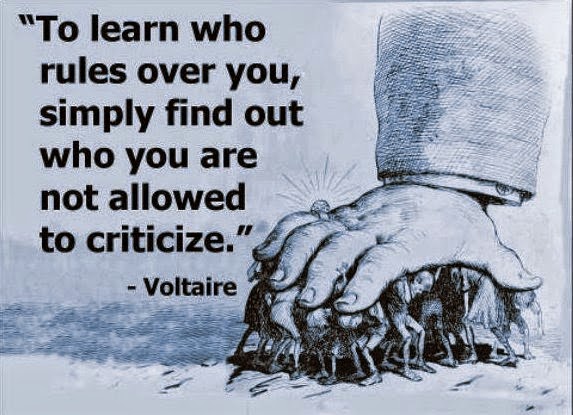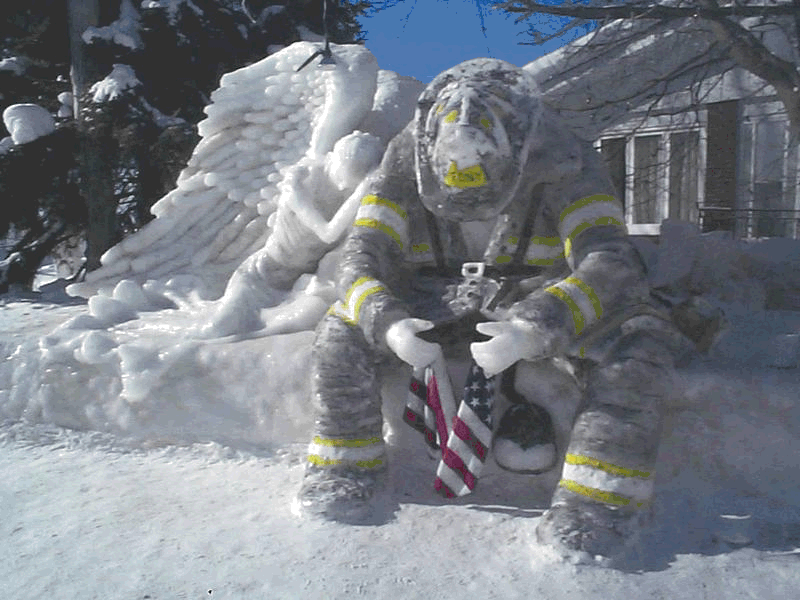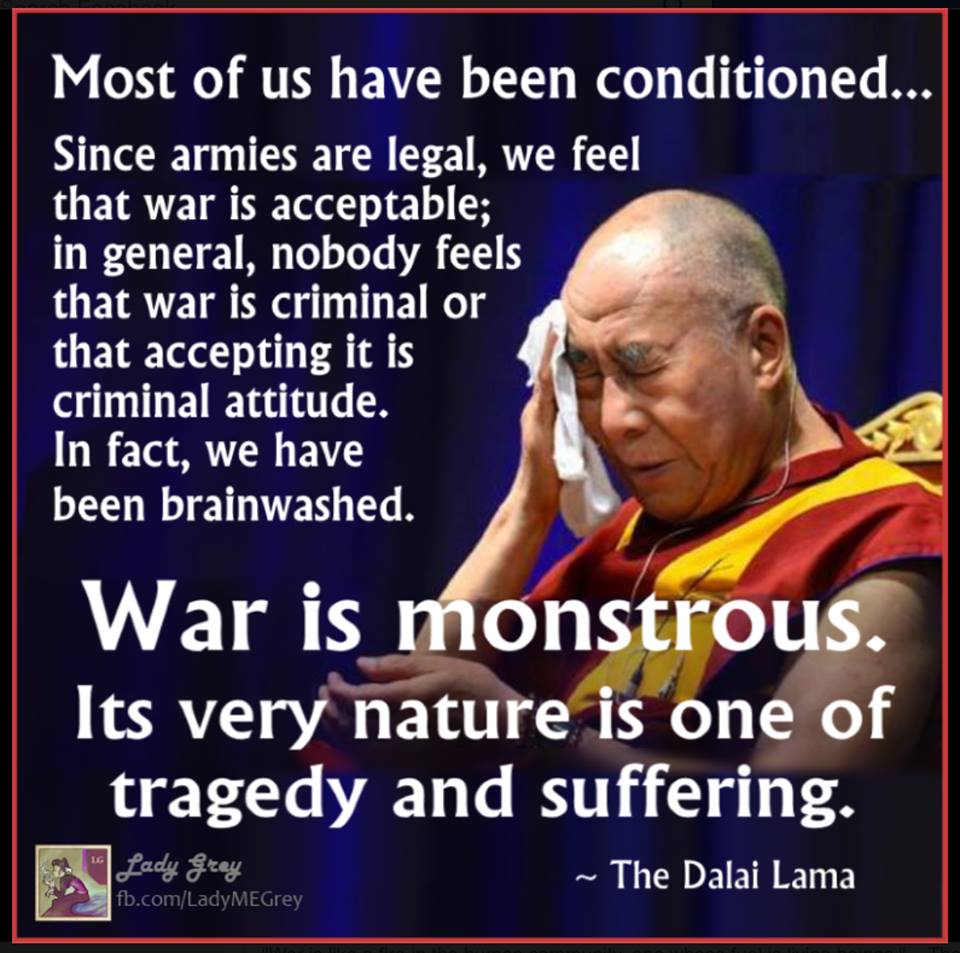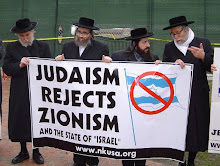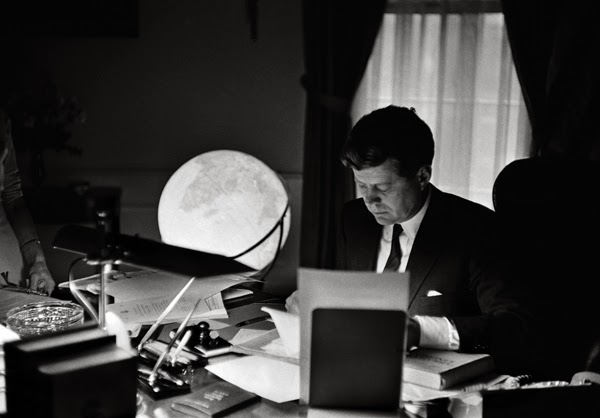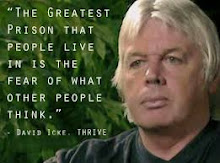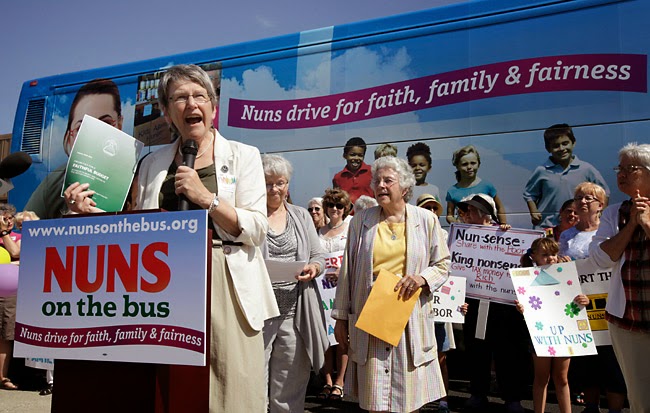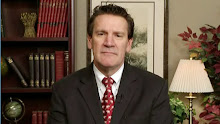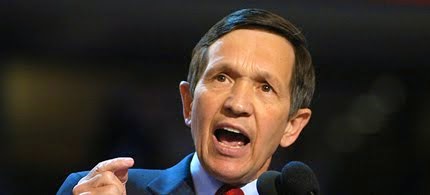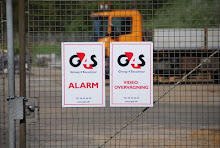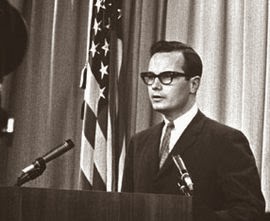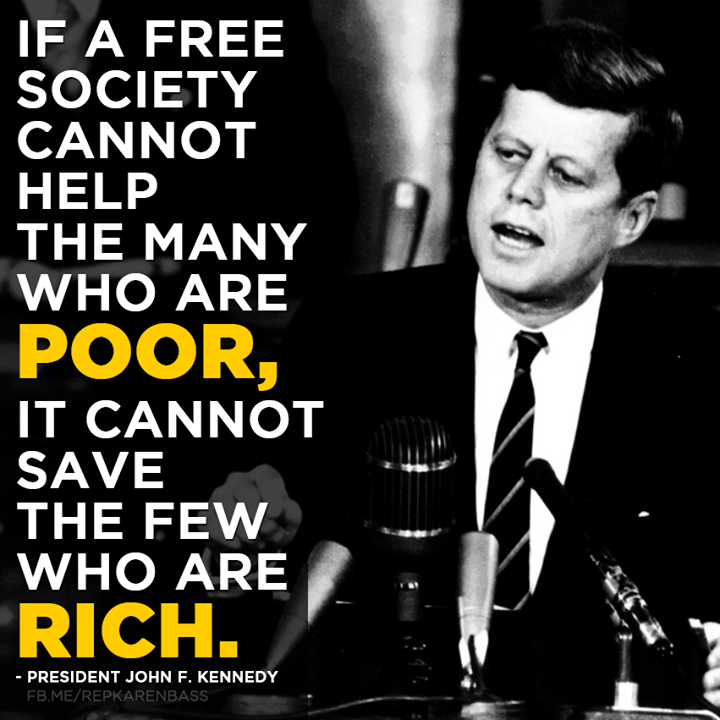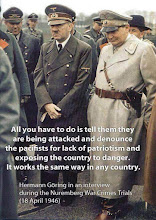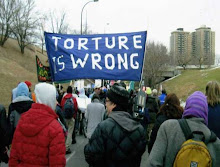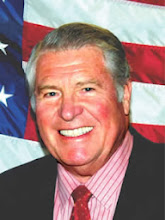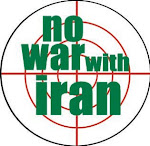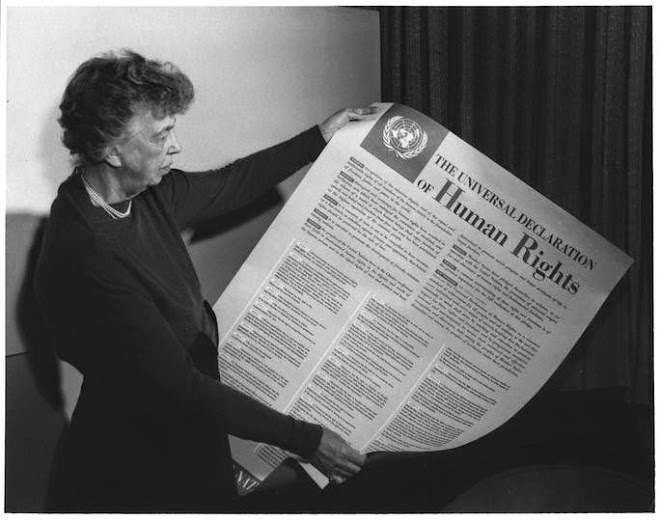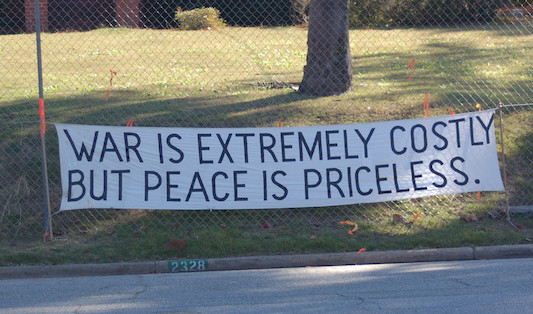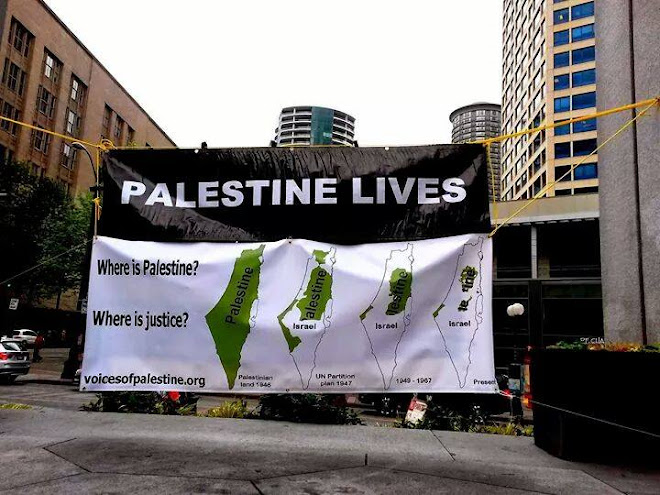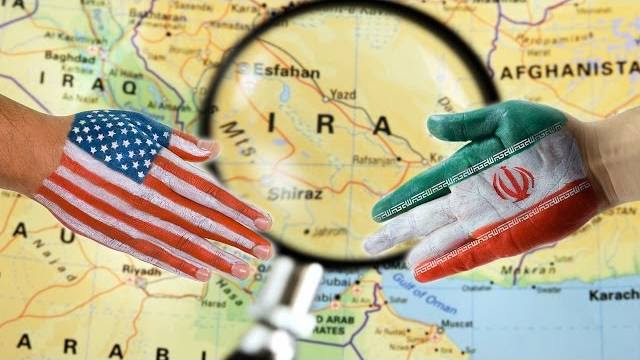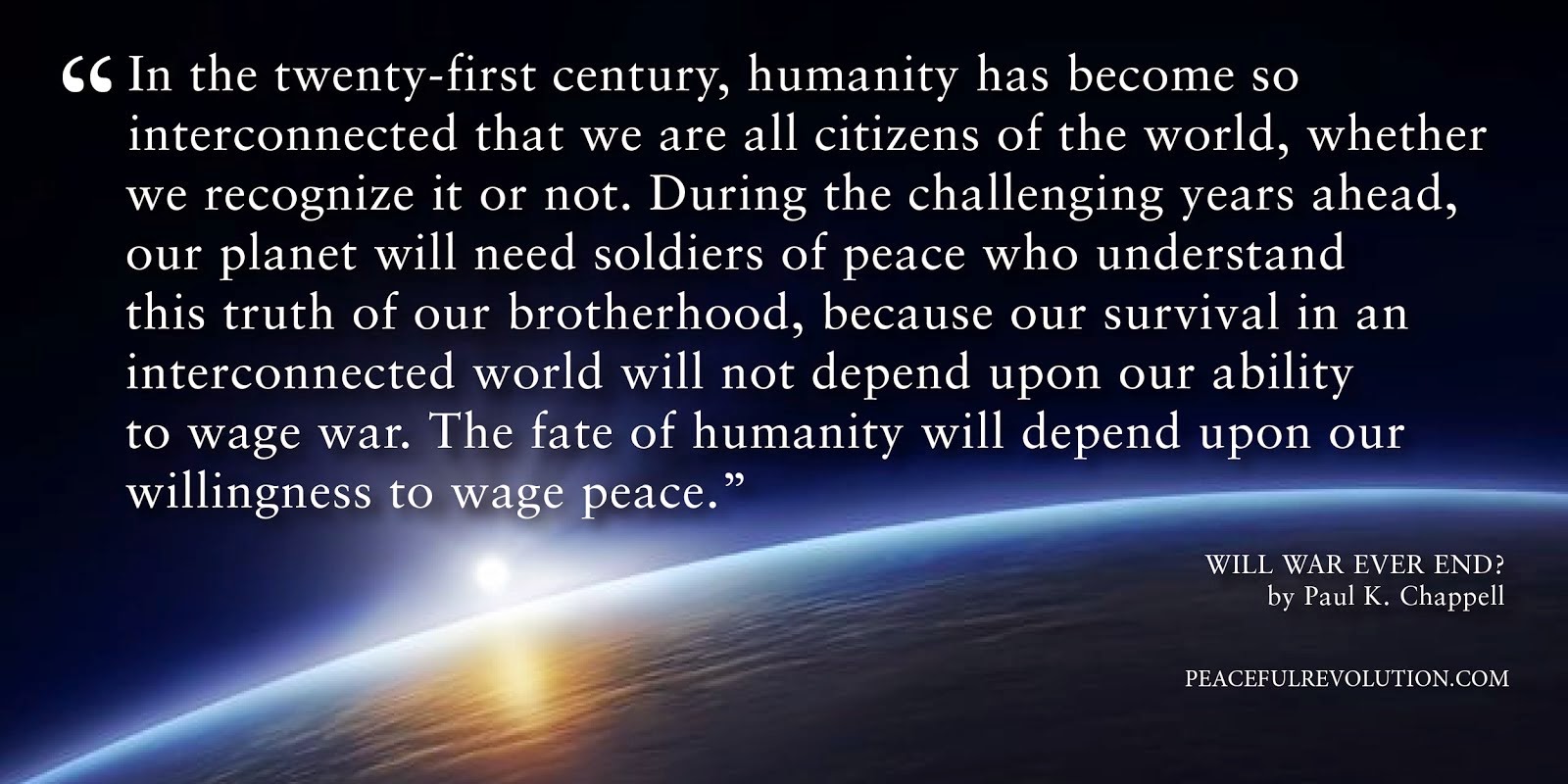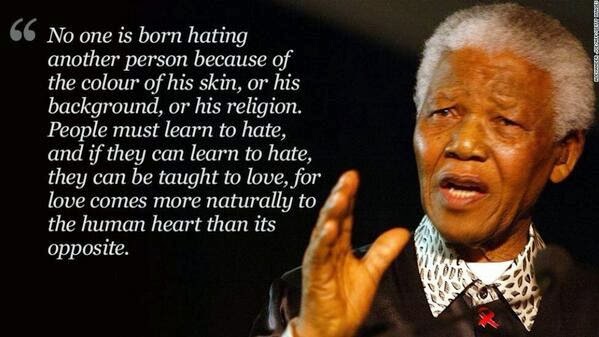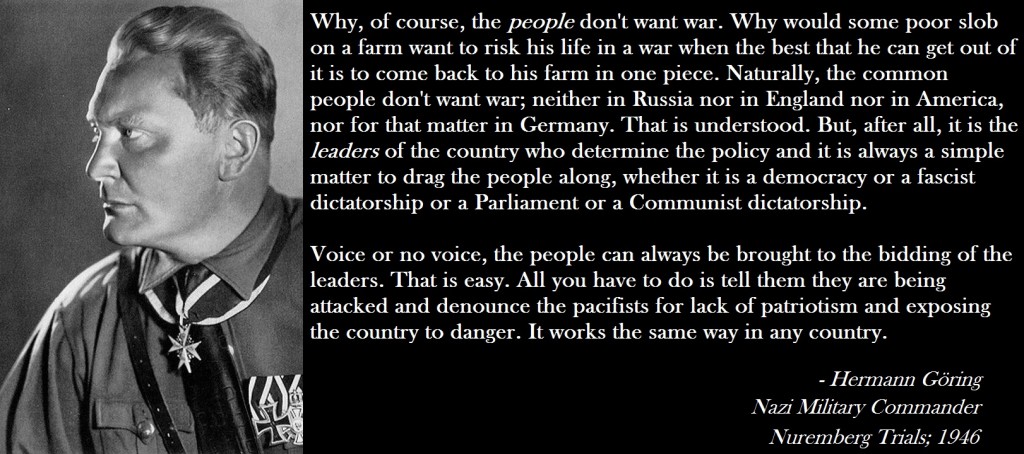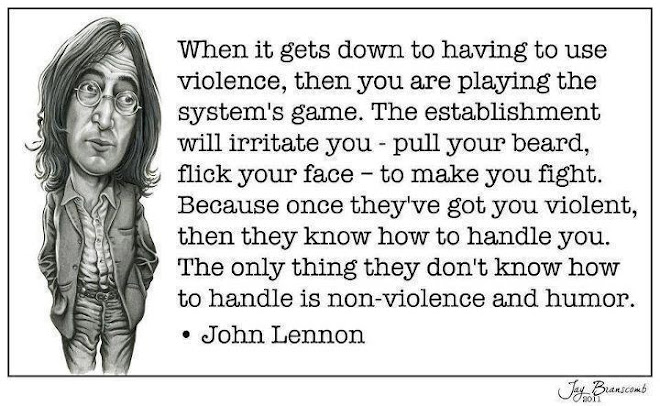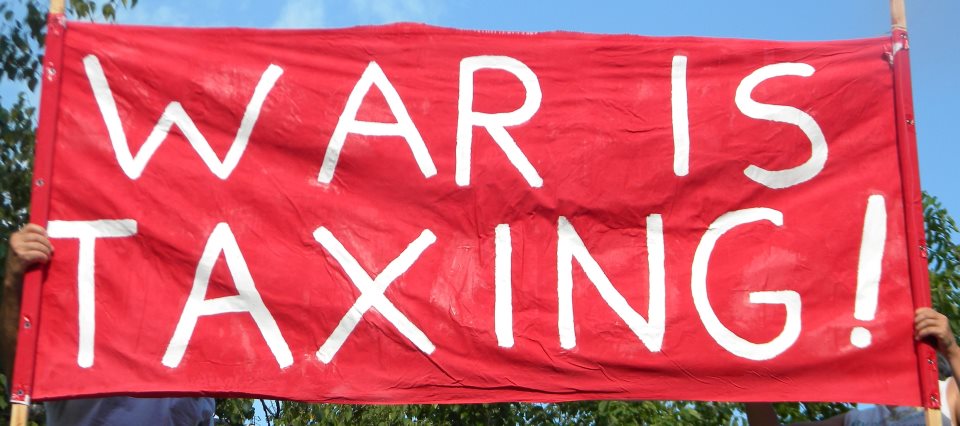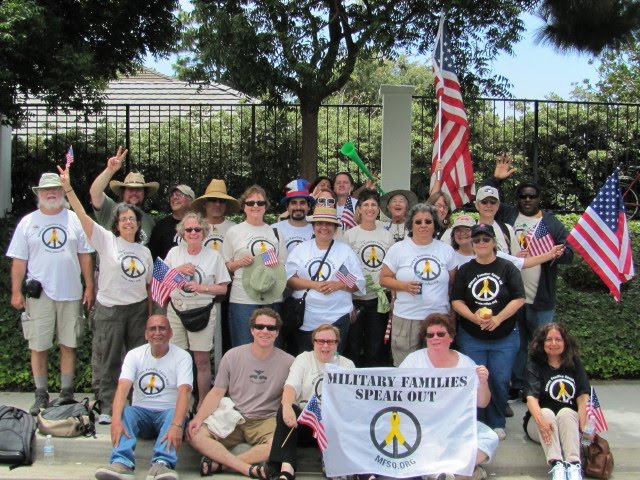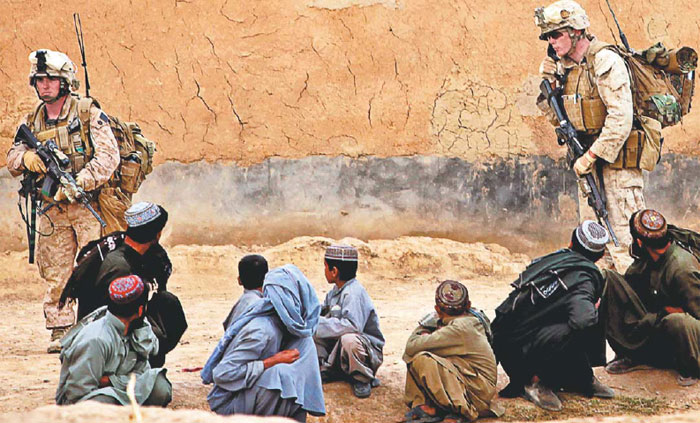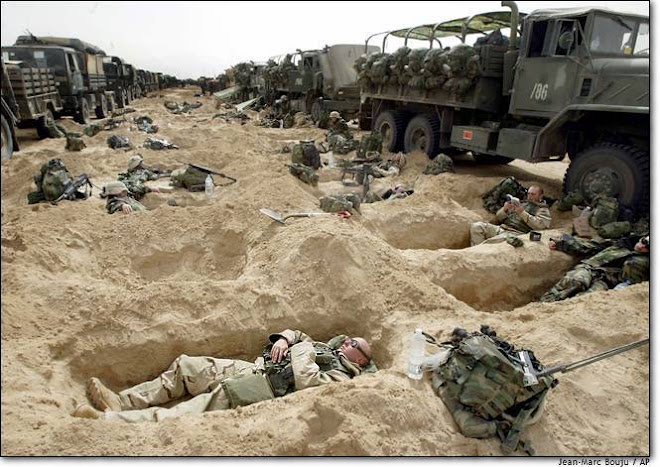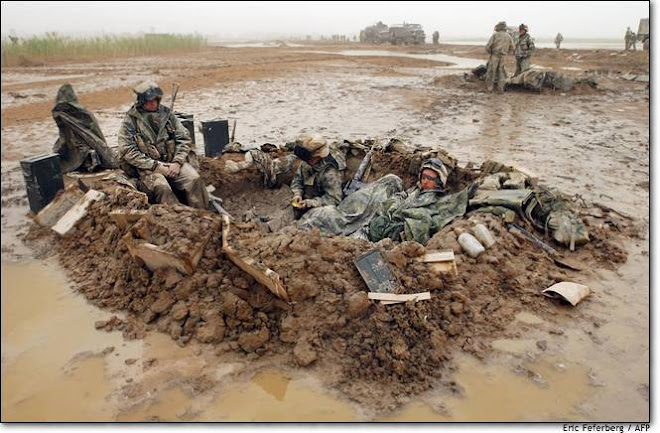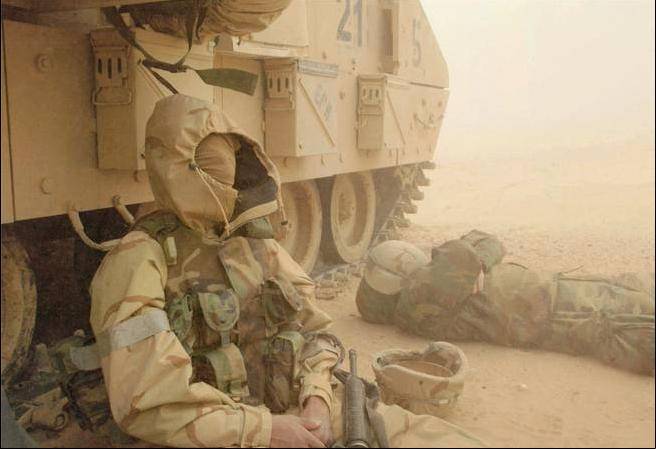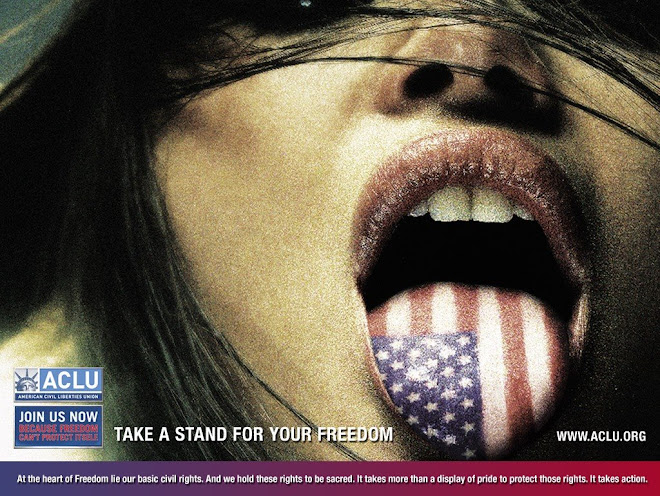Wednesday, December 31, 2008
Tom Hayden Comments reported in Huffington Post
Podesta's 2008 book The Power of Progress will be scanned by pundits seeking clues to the new administration's thinking, but that could be a false trail. Podesta has expressed specific views distinctly different from Obama's, especially on Iraq, where he has long favored a one-year pullout of all American troops. The value of Podesta's book is as a guide to where a progressive master of politics -- Podesta was chief of staff under Bill Clinton -- wants to see American policies evolve in the future.
Podesta is more than a technician of power. It should be of interest on the Left and Right that he grounds himself in the tradition of social movements, many of them radical in their time, which produced the Progressive Era, the New Deal and the civil rights revolution. He is well-read in these histories, and is a direct Chicago descendant of the white immigrant [Italian] working class that benefited so greatly from labor and social legislation. In addition, he has an intense awareness of the racist legacies that left so many blacks and Latinos excluded from the gains of those eras, "an important lesson that should chasten progressives to this day," he writes. It was during the populist and progressive eras, for example, that African-Americans were massively disenfranchised in the South, while white women were on the path to suffrage.
Published even before the recent Wall Street collapse, Podesta was asserting that "the circumstances we face today demand a new Progressive Era." As a theoretical matter, Podesta distinguishes progressivism from liberalism "though they are 'part of a common project.'" Podesta defines liberalism classically, as a doctrine focusing on the defense of individual rights and liberty against the state. Progressivism, on the other hand, is "tied directly to the search for social and economic justice at the turn of the twentieth century." He cites four other key distinctions:
- Progressivism is more grounded in the religious ethics of social justice, where liberalism derives from the Founding Fathers' preoccupation with avoiding the religious wars of Europe. Podesta has been a major proponent of Democrats incorporating religious values in their social rhetoric.
- Progressivism arose from social movements starting at local and state levels, the "laboratories of reform" as Brandeis described them, whereas modern liberalism has been about federal government action. Progressivism "has a rich non-governmental tradition based in the settlement movement and other community-based efforts to improve living conditions for the poor." For Podesta, the New Deal was the federal culmination of decades of activism from below.
- Progressivism has been an independent, often nonpartisan, reform movement keeping "politicians on both sides of the aisle honest and committed to principled actions on behalf of regular Americans." While the progressive tradition included third party candidates, liberalism is more closely tied to the Democratic Party and Democratic presidencies.
- Progressivism is "more focused on correcting the excesses of individualism in the economy and government" while liberalism is about defending individualism and self-interest.
Podesta's list of the early Progressive accomplishments is formidable: "direct primaries, direct election of senators; the initiative, referendum and recall; health and safety standards in the workplace; taxing authority over interstate commerce; prohibition of child labor; living wage; federal eight-hour day and six-day week; ban on convict labor; workers' compensation; unemployment and old-age insurance; expanded public education; investment in industrial research and development; tariff revision; conservation and waterways protection; women's suffrage; lobbyist reform; restrictions on labor injunctions; investment in roads and national highways; a graduated income tax and inheritance tax; fair treatment of immigrants; and federal oversight over investment and stock sales."
Some of the achievements he lists are exaggerated [the living wage], but in general he imagines a new flurry of reform legislation having an impact for decades into the future. How this boldness fits with President Obama's careful centrism remains to be seen. But having such progressive ambition so close to the Oval Office can only an activist agenda comparable to that just a century before.
Where Podesta should be seriously engaged is on the historic ambiguity of progressivism towards the issues of war and empire. He separates himself from "the outright imperialists" such as Teddy Roosevelt and Herbert Croly, while identifying more closely with the instincts of Robert LaFollette and Jane Addams. Progressives including Clarence Darrow, Upton Sinclair, even W.E.B. Dubois, supported World War I, while most Socialists and other Progressives were opposed. The schism among those early progressives, he says, was rooted in differences over the earlier imperial takeovers of the Philippines, Cuba, Puerto Rico, and Guam . As a corollary, this rising imperialism, radicals and immigrant activists suffered grievous repression, which Podesta compares to our domestic spying during Vietnam and the secret roundups and renditions under the Patriot Act.
Podesta's sympathies led to his first personal political engagement, with the Eugene McCarthy campaign in 1968, a classic replay of Progressive Era politics. Given all this, it is unfortunate that he supported the 2002 US military invasion of Afghanistan and its continuation under Obama. Podesta's level of support is muted rather than warlike, however, limited only to his statement that America must "resuscitate the international resolve to stabilize Afghanistan as increased Taliban activity threatens political gains in the region."
The Center for American Progress website is filled with charts and information deploring the militarization of US policy in Afghanistan while social, economic and diplomatic options are neglected. It is to be hoped, therefore, that Podesta and CAP will play important roles in persuading and pressuring the new Administration to turn away from the perils of another military quagmire, costing tens of billions of dollars, sending American death rates towards the one thousand level, destroying thousands of innocent lives, mobilizing a wider swath of the Muslim world against the US, and squandering Obama's global bank of good will.
It is difficult to argue that 15-20,000 more American combat troops, unknown numbers of special forces and Predator teams, will pacify Afghanistan and Pakistan's tribal areas, resulting in the elimination of Bin Ladin and therefore any further 9/11 threats against the US, but that is the hawks' argument. Podesta doesn't echo their case. Instead, the CAP website carries an op-ed piece by Lawrence Korb and Laura Conley recommending negotiations with Iran over stability in Afghanistan, a sensible option for Obama. The CAP website notes that the US spends $36 billion annually on military efforts in Afghanistan compared with $10.4 billion in development aid [pledged] and only five billion already dispersed since 2002. Even if these priorities were reversed, the shift would include a substantial escalation of casualties inflicted on the insurgents, the civilian population, and tens of thousands of detainees now held, often without charges, in violation of Geneva standards. Since the resistance is embedded among nationalist Pashtun tribes on both sides of the border, the prospects of war spreading into Pakistan increase by the day.
In other words, by endorsing a larger occupation of Afghanistan, even in the context of renewed diplomacy, Podesta could be encouraging a slippery slope into quagmire, or even a creeping escalation that will compete with Obama's more urgent domestic agenda.
Instead of repeating Woodrow Wilson's [and George Bush'] call to make the world safe for democracy, so alluring to certain progressives today, Podesta might consider that foreign policy begins at home, in a reform movement to make our democracy safe for the world.
Podesta's progressivism also is shadowed by his support of NAFTA and other pro-corporate Clinton trade deals in the Nineties. All Podesta writes in this new book is that "NAFTA isn't perfect", and, fortunately, that it is "clear that labor and environmental standards cannot be left to side agreements and need to be part of a core agreement -- as Clinton himself argued near the end of his administration." Podesta is less willing to offer full-throated support to the social movements and democratic elections in Latin America that have effectively derailed the Clinton trade agenda. A revision of NAFTA, CAFTA and the WTO protocols will be more likely to occur under Obama if Podesta and CAP are stronger advocates. One of the Podesta book's best proposals, though undeveloped, is to strengthen the labor ["decent work"] standards of the International Labor Organization, which remain weak and unenforceable many decades after their adoption. If the Progressives could finally adopt a minimum wage as a floor domestically, why can't the Obama administration propose an enforceable living wage on a global scale to offset the notorious "race to the bottom" promoted by free-market absolutism?
Podesta's challenge is to both a consummate insider, the main architect of the transition, while at the same time building the Center for American Progess as an independent center of research, advocacy, and presumably, pressure on the new administration where needed. CAP certainly is more than an administration-in-waiting; its position on Iraq is proof enough of that. But it is less than an independent voice for social movements or greenhouse for the maturing of radical ideas. Podesta is in the thick of struggles at the center of power while at the same time believing that only new ideas, new gadflies, and new movements will renew the Progressive promise. Running a presidential transition is one thing; a transition to a new Progressive Era is harder.
He proposes three central policy missions as the heart of an Obama's agenda:
- a transformation of energy policy to combat climate change, create green jobs, and build a new economy based primarily on renewable resources; his goal is 25 percent of America's fuels from renewables and an 80 percent cut of greenhouse gases by 2050. He is lukewarm at best on nuclear power and "clean" coal;
- an economic recovery plan that stabilizes the economy but with much tougher regulatory standards, a national health care program and new energy priorities; the CAP website currently advocates a $350 billion stimulus, well behind Obama's current thinking. Besides a welcome emphasis on green jobs and expanded higher education, there is little detail about re-regulating Wall Street or placing effective public-interest conditions on bailouts.
- a shift in foreign policy away from the indiscriminate neo-conservative "war on terrorism" model towards one which, while leaving a role for limited military intervention, rests more on aggressive diplomacy and humanitarian assistance. Podesta, however, does not recommend cuts in overall military spending, but instead attacks the Pentagon's $1.6 trillion spending spree on weapons who mission was to counter the Soviet Union. A CAP proposal for meaningful reductions in the military budget does not appear to be forthcoming, even though Rep. Barney Frank, among others, has called for a 25 percent cut.
That these formulations sound safely mainstream, however, is a measure of how rapidly a new American consensus in favor of positive government protecting the public interest has formed as a result of the November presidential election, the humiliating debacles of Iraq, Wall Street and the experience of neo-conservative domination.
But the very culture of Washington is hostile to the whole idea of reform except as a crawl at the margins, or, as Podesta writes in self-criticism, the Beltway is a trap for "slow-motion" thinking. It is even unclear whether the military and corporate elites, some of whom already appointed to the new administration, accept the will of the voters in the recent election. The Pentagon chieftains have an impossible time imagining a withdrawal from Iraq, for example, and will lobby against it. The Obama transition person vetting Pentagon employees, Michelle Flournoy, leads a think tank which has advocated a five-year withdrawal plan, for example.
Similarly, the bankers and corporation rich cannot easily imagine a redistribution of wealth and power, much less change "from the bottom up.' These are people who see community organizing, at best, as a useful rung in climbing the ladder.
In their mindset, the growth of profits is the engine of the economic development. According to Business Week, two-thirds of the Fortune 500 businessmen did not vote for Obama, and the sight of them lobbying Obama to save them from capitalism is, well, grotesque. Podesta is a Keynesian, of course, but it remains to be seen if the excesses of deregulation promoted during the Clinton years will be eliminated in 2009.
In this Beltway atmosphere, CAP already is seen as a "left-wing" hothouse, not as a center of intelligent moderation in relation to the angry mood of most Democratic and independent voters. Yet CAP might have to shift in a more progressive direction to match the desire for real reform among voters justifiably furious over the Wall Street bailouts and failures to withdraw all troops from Iraq. It will take all of Podesta's diplomatic and political skill to bring the administration with him. Whether he can navigate the currents, or will become marooned in a centrist tidepool, will have huge consequences for the period ahead.
But it is comforting at least to know that a serious student of working class, black, women's and immigrant social movements sits in the center of things in Washington, calling for a new Progressive Era to begin. Surely, Podesta is prepared like few in Washington for the opportunity that lies before him. Instead of just reading about and admiring the Progressive role models he so admires, he now has the opportunity of a lifetime to live like one of them. He has come through a long political life since 1968, thankfully still in possession of his maverick instincts.
Tom Hayden is the author of The Tom Hayden Reader [City Lights, 2008] and the forthcoming The Long Sixties [Paradigm, 2009]
Tuesday, December 30, 2008
J.K. Rowling described her experience working at Amnesty International
As I reflect back on a historic year, one moment burns especially bright—because it captured the essence of what Amnesty International is all about.
In her commencement address at Harvard last June, J.K. Rowling described her experience working at Amnesty International in London before she invented Harry Potter. It changed her life, just as it changed mine. Here’s what she said about Amnesty:
I paid the rent in my early 20s by working in the research department at Amnesty International’s headquarters in London. There in my little office I read hastily scribbled letters smuggled out of totalitarian regimes by men and women who were risking imprisonment to inform the outside world of what was happening to them. I saw photographs of those who had disappeared... I read the testimony of torture victims and saw pictures of their injuries... I began to have nightmares, literal nightmares, about some of the things I saw, heard and read.
And yet I also learned more about human goodness at Amnesty International than I had ever known before. Amnesty mobilizes thousands of people who have never been tortured or imprisoned for their beliefs to act on behalf of those who have. The power of human empathy, leading to collective action, saves lives, and frees prisoners. Ordinary people, whose personal well-being and security are assured, join together in huge numbers to save people they do not know, and will never meet. My small participation in that process was one of the most humbling and inspiring experiences of my life.
Like J. K. Rowling, your dedication and passion are the lifeblood of Amnesty International’s work. Through your activism, we have freed prisoners unjustly detained for their beliefs, and given them hope when all hope seemed lost.
As we celebrate the 60th anniversary of the Universal Declaration of Human Rights this month, there is still so much work to be done. From Guantánamo to Congo and Zimbabwe, people are still being illegally detained or tortured and ill-treated. Many more face unfair trials and fear of being locked up if they speak out for their rights.
Will you commit to improving human rights worldwide in 2009 by making a tax-deductible donation to our “America I Believe In” Matching Gift Challenge? If you donate before midnight tomorrow, your gift will be matched dollar-for-dollar by a group of generous Amnesty members up to $250,000.
I wish you a happy new year and look forward to your continued passion for justice. Sincerely, Larry Cox
Executive Director, Amnesty International USA
Saturday, December 27, 2008
HOPE for HUMANITY
I want you to know how much I and my colleagues at Amnesty International appreciate all you have done to defend human rights through a remarkably difficult period.
You can ensure that Amnesty stays at the forefront of the world’s most pressing human rights emergencies in 2009 by making a tax-deductible year-end gift to our America I Believe In Matching Gift Challenge.
To restore the America we believe in, we’re calling on President-Elect Obama to take four concrete and immediate steps:
* Ban the use of torture or other cruel, inhuman and degrading treatment.
* Issue an executive order to end the U.S. program of secret detention.
* Close the detention facility at Guantánamo Bay; detainees should be charged and fairly tried, or released.
* Demand a full investigation of all U.S. detention and interrogation policies in the “war on terror.”
Just as surely as the Bush administration’s disastrous human rights policies have reverberated across the globe, so too can a renewed American commitment to fairness and the rule of law. Together, you and I can make this vision a reality.
I know this request comes to you at a time of tremendous economic difficulty here at home. I also know how long we have waited for this moment—an extraordinary opportunity to restore America’s reputation in the world and bring new hope for progress on human rights. From the bottom of my heart, I urge you not to let this historic opportunity pass.
Please make a tax-deductible gift today—and show that our country is ready, once again, to take a leadership role in advancing human rights around the world. For the next 4 days, your contribution will go twice as far, as a group of Amnesty International members has agreed to match all online gifts, up to $250,000. Please be as generous in your year-end giving as your personal circumstances allow.
First time donors making a gift of $60 or more will also receive a beautiful Amnesty International wall calendar, absolutely free.
If we achieve our Matching Gift Challenge goal online, we’ll have immediate access to an additional $250,000—funds that we’ll put to work immediately to ensure a renewed American commitment to justice and human rights.
Thank you in advance for your support.
Sincerely,
Larry Cox Executive Director, Amnesty International USA
Greeting from Jordan
" May your world be filled with warmth and happiness,,""Merry Christmas"".
Best Regards
Dr.Nassar Al-Qaisi
Member of Jordan Parliament
I - Vote 2008
Wednesday, December 24, 2008
Hope for the Holidays!
Dear Tim,
As an actor, I know the power of the screen. As an activist, I also know the power of taking a message off the screen and onto the streets. That's why I love CODEPINK--it not only utilizes the best of the visual media with its vibrant pink presence; the women of CODEPINK are also out in the world, whether speaking truth to power, helping Iraqi refugees, or using citizen diplomacy to build bridges with Iran. I support CODEPINK's audacious, compassionate work to create a more just and peaceful world. Won't you?
Peace & Love,
Jane Fonda
Saturday, December 20, 2008
TORTURE IS A MORAL ISSUE
President-elect Obama can halt U.S.-sponsored torture on his first day in office. Every hour that passes without his signing an executive order on torture is an hour that his Administration continues the torture policies of the Bush Administration.
January 11-20 - Ten Days of Prayer: Countdown to End Torture
We call upon faith communities across the country to join our "Countdown to End Torture" by including an interfaith prayer in a worship service during the ten-day period between January 11th (the anniversary of the opening of the prison at Guantanamo Bay) and January 20th (when President-elect Obama will take office and will have his first opportunity to end torture).
* Download a 2-sided bulletin insert in Word here
* Tell NRCAT how your congregation will participate by clicking here
* Click here
Starting January 11th, the seventh anniversary of the opening of Guantanamo, our website will feature a "countdown clock." It will count down the hours until President Obama's first workday in office, when we hope and expect he will sign an executive order ending torture. If President Obama does not issue an executive order by 9:00 a.m. (EST) on January 21st, the clock will begin "counting up," marking the hours that have passed without an executive order ending torture.
While the clock is counting down, we call on faith communities to join in our multi-faith prayer to end U.S.-sponsored torture: include this brief prayer in a regularly scheduled worship service as part of a special service marking the January 11th anniversary, or on Martin Luther King Day as part of a celebration of Dr. Martin Luther King, Jr.'s commitment to justice and human rights.
Now is the time for our final push to secure an executive order. Please approach your pastor or congregational leader about joining our Countdown to End Torture initiative in January.
NRCAT will publicize this national call to prayer and the participation of local congregations all across the country. Please tell NRCAT how your congregation plans to participate by clicking here
Thank you for your help. This is just the beginning of our work for 2009, but issuing an executive order ending the use of torture is the single most important act that our government can take at this time.
Sincerely,
Linda Gustitus, President
Rev. Richard Killmer, Executive Director
P.S. List of Endorsers - Deadline January 12
We are still gathering endorsements - from both individuals and institutions - for the Declaration of Principles for an Executive Order Banning Torture
* Click here
* Click here
Tuesday, December 16, 2008
New Evidence of Torture, Human Rights Violations
American military personnel recently denied Human Rights Watch observers access to Iraqi detainees held under US control, threatened to expel HRW from a court if they spoke to any detainees, and deployed military escorts to prevent any such contacts with the human rights observers. These incidents are reported deep in the organization’s Dec. 14 report calling into question Iraq’s Central Criminal Court, the country’s “flagship” criminal justice institution.
For the report, go to www.hrw.org/en/reports/2008/12/14/quality-justice-0
Authored by Joseph Logan with Michael Wahid Hanna, the HRW report provides new evidence of a pattern and practice of human rights violations in Iraq in violation of US and international human rights law.
Congress has failed so far to act against the abuse of 50,000 Iraqi detainees while spending over $20 billion on US advisors to Iraq’s police, prison, and judicial systems. The same system of preventive detention is being implemented in Afghanistan.
The HRW report comes at a moment when the Obama administration and Congress have shown no opposition to the content of Bush's recent unilateral pact with the Iraqi government. That agreement turns over the fate of the detainees to an Iraqi regime widely depicted as a serial human rights violator.
The HRW report cites failings by the US-led Multinational Force as well, including the refusal to honor hundreds of requests by the Iraqi CCCI to release detainees. Through December 2007, US authorities admit refusing to release 367 detainees even after the CCCI dropped charges or found them not guilty.
The report further challenges the US/MNF legal argument for preventive internment “for imperative reasons of security”, arguing that such a defense is no longer applicable to Iraq. Instead, HRW reasons that detainees in custody should be protected under Article 3 of the Geneva conventions and international human rights laws.
Five years after its establishment, the report goes on, the CCCI is “seriously failing to meet international standards of due process and fair trials.” Torture and physical abuse, especially in early stages of detention, are persistent and well-documented, HRW says. The HRW team found that a majority of three dozen detainees they interviewed reported abuses including 40-day torture sessions, electric shocks to the genitals and ears, suspension from rods, and forced drinking of water while not allowing the prisoner to urinate.
Other HRW conclusions include:
- long periods of pretrial detention without judicial review;
- inability of detainees to challenge evidence against them;
- heavy reliance on secret informants;
- widespread abuse to extract confessions.
The HRW observers attended the investigative hearings for 71 detainees, and five trials involving 17 defendants. “Other than secret informants, the CCCI proceedings Human Rights Watch attended were devoid of any witnesses other than MNF military personnel, in cases of MNF referral.”
Though the HRW report stops short of saying so, there is no chance of reversing these trends without intervention by President Obama and Congressional watchdogs. The US/MNF, which created the CCCI as a judicial model of Middle Eastern democracy, has instead fostered a Frankenstein. The report warns against physical transfers of detainees to the Iraqi system, proposes assistance in helping the Iraqis establish an independent complaints mechanism. But the HRW recommendations contradict the finding that resistance to real human rights reforms lies in within the Iraqi and US governments. #
Tom Hayden is the author of Ending the War in Iraq [2007] and The Tom Hayden Reader [2008]
Inheriting the Human Rights Debacle
When Barack Obama becomes president, he will inherit a human rights debacle in Iraq, now entering a phase in which the US appears ready to bulldoze thousands of its Iraqi prisoners over a legal cliff into Iraqi government prisons where they face the possibility of torture and execution.
The darkening future for the detainees comes with the approval on November 27, 2008, of the US-drafted Status of Forces Agreement (SOFA) by the Iraqi Parliament. The agreement requires that on January 1, 2009, the US:
"Shall provide the Government of Iraq available information on all detainees who are being held by them. Competent Iraqi authorities shall issue arrest warrants for persons who are wanted by them. The United States Forces shall act in full and effective coordination with the Government of Iraq to turn over custody of such wanted detainees to Iraqi authorities pursuant to a valid Iraqi arrest warrant and shall release all the remaining detainees in a safe and orderly manner."
On the face of it, the agreement sounds just. An examination of the situation on the ground suggests the opposite.
Sunni Gulag
The US began capturing Iraqis on a wholesale basis in 2003 with the invasion. World attention was focused on the fate of Iraqi detainees by the revelations in 2004 of detainee torture by US forces at Abu Ghraib prison. Because of Abu Ghraib, the US improved the physical conditions of detention, but detentions increased in 2007 as a fundamental tactic of the US military "surge." Iraqis were, and continue to be, arrested on a daily basis, with those deemed not threatening set free.
Since the beginning of the occupation, as many as 90,000 Iraqis have been imprisoned by US forces, according to a spokesperson for Task Force 134 (TF-134), the US command running the US prison system in Iraq. The total number of Iraqis in detention at any one time reached a peak of nearly 26,000 in October 2007, according to figures provided by TF-134. By November 2008, with the reduction in numbers of detentions in 2008 and the release of detainees, the number of Iraqis in US prisons had declined to about 15,900, according to TF-134.
In August 2008, a TF-134 spokesperson reported that approximately 80 percent of the detainees were Sunni. The larger proportion of Sunni captives may result from greater resistance to the occupation in the Sunni community, but it is likely also the result of government forces being under the control of the Shia-dominated government. "Most detainees were captured as the result of an Iraqi-generated warrant for some act that would classify them as a threat," according to a TF-134 spokesperson, commenting on the process leading to capture.
During the debate preceding the passage of SOFA, Sunni legislators, according to Reuters, demanded that detainees without charges against them be freed. As will be discussed, this would free all of the US-detained Iraqis.
No Legal Rights, No Evidence
Iraqi detainees in the US prisons are being held without charges, without access to lawyers and without appearance before any judicial body - all violations of international law. This has been a continuing concern of the United Nations (UN) and international human rights groups, but totally ignored by the US and the Iraqi occupation government.
For example, a human rights report of the UN Assistance Mission to Iraq (UNAMI) released December 2, 2008, said that the agency continues to be concerned about the imprisonment of detainees by US forces "without judicial review of their cases" as well as about "administrative review procedures that do not fulfill the requirement to grant detainees due process in accordance with internationally recognized norms." A UNAMI report in 2007 made the identical point.
A 2006 Amnesty International (AI) report, reflecting the concerns of numerous human rights groups, said: "Since the invasion of Iraq in March 2003 tens of thousands of people have been detained by foreign forces, mainly the US forces, without being tried and without the right to challenge their detention before a judicial body." AI made a similar observation in a November 28, 2008, statement of concern about transfer of Iraqi detainees from US to Iraqi custody.
In October 2008, a spokesperson for TF-134 said in an e-mail: "There is no place for legal representation in the THREAT BASED system that we operate."
Now it appears, based on a November 23, 2008, report from the Associated Press (AP), that the vast majority of detainees are also being held without any hard evidence. The AP said that the US intends to release most of its detainees under SOFA, but that it is "rushing to build criminal cases against some 5,000 detainees it deems dangerous." The report contained the remarkable admission attributed to Brig. Gen. David Quantock, commander of TF-134, that the US has evidence against "only a few hundred" of those detainees considered most dangerous.
"At the end of the day," the AP quotes General Quantock, "if there's not enough facts to justify a court case (in the Iraqi Court system), then we'll have to release ... We have a lot of work to do."
Iraqi Court System Tilted
The basic premise of the terms of the SOFA detainee section, and the reported rush by the US to build cases against detainees, is that the Iraqi judicial system is fair, open and impartial.
Karen Parker, a noted international human rights lawyer, says that the Iraqi judicial system does not meet international standards. The 2007 UNAMI report elaborates on her point:
"Serious pretrial irregularities (in Iraqi courts), which prejudice the chances of subsequently receiving a fair hearing, include the failure to bring defendants before an investigative judge within a reasonable amount of time, and failure to promptly apprise detainees of the reason for their arrest and of the details of the charges and evidence against them ... The vast majority of defendants are represented by counsel appointed by the court, whom they have never met and who have little or no knowledge of the substance of the charges or evidence against their clients ... Proceedings at trial are typically brief in nature, with sessions lasting an average of some fifteen to thirty minutes, during which the entire trial is concluded. Deliberations also typically do not last more than several minutes for each trial, including complex cases resulting in life imprisonment or the death penalty ... Denial of prompt and adequate access to counsel, and lack of continuity in legal representation, mean that in many cases those convicted lose the opportunity to appeal their sentences as they become aware of their rights only after the deadline for submissions has passed."
The UNAMI report noted that trials in the flawed Iraqi court system "are increasingly leading to the imposition of the death penalty."
The Iraqi courts are not able to operate freely, Ms. Parker said, in part because judges and lawyers are often under intense political pressure and even fear for their lives, with the division between Sunni and Shia a major factor.
In January 2008, for example, gunmen assassinated Iraqi appellate court Judge Amir Jawad al-Naeeb, a Sunni, who, The New York Times reported, was considered by Baghdad lawyers and judges to be "one of the country's most competent and even-handed judges."
The Iraqi Lawyers Association reported in 2007 that at least 210 lawyers and judges have been killed since the invasion; that, according to IRIN News.org, hundreds of legal workers had left the country because of threats and persecution, and that:
"With tensions so high in Iraq between the Sunni and Shia Muslim communities, legal workers are being put under intense pressure to make judgments according to religious sect. Lawyers often find themselves in a lose-lose situation."
Jonathan Hafetz, of the American Civil Liberties Union, who is representing two detainees in US custody, agreed with Ms. Parker that the Iraq judicial system does not meet minimum standards for impartiality and due process, and he said that the system is tilted against Sunni defendants. With respect to the detainees, he said the length of time that they have been held without charge is alone a significant enough factor to prevent them from having a fair trial or hearing.
"Danger in the Custody of Others"
Ms. Parker says that international law allows prisoners to be turned over to a justice system only if that system it meets international standards for independence and fairness. In addition, under international law as well as US military standards as set forth in US Army/Marine Corps Counter-Insurgency Manual:
"There are certain conditions under which US forces may not transfer the custody of detainees to the host nation (in this case Iraq-Ed.) or any other foreign government. US forces retain custody if they have substantial grounds to believe that the detainees would be in danger in the custody of others. Such danger could include being subjected to torture or inhumane treatment."
The Iraqi detention system is widely believed to treat prisoners harshly and only slowly, if at all, processes its detainees through the justice system.
"We find a lot of mistakes and mistreatment in the Iraqi-run prisons as a remarkable number of their facilities are not fit for those detainees and those who are in charge do not have enough knowledge of human rights, so ill treatment can occur, " said Basil al-Azawi, who is head of the Commission for Civil Society Enterprises, an umbrella group of over 1,000 Iraqi NGOs, as reported November 17, 2008, by IRIN.
"A suitable life inside the prisons must be guaranteed according to the Iraqi constitution and law. More visits to Iraqi prisons must be allowed by international and local human rights activists, and the treatment [of prisoners] must not be based on their sectarian background," al-Azawi is quoted as saying in a November 2, 2008, IRIN report.
An Iraqi parliamentarian, Mohammed Al-Dainy, held a press conference in Geneva on October 31, 2008, charging that Iraq has 420 secret detention centers where "conditions are much worse than in the official prisons." He said that 40,000 are being held in Iraqi government prisons and that this is one-quarter of the total number of people being held by the government.
The UNAMI 2007 report indicates that mistreatment of prisoners in Iraqi custody is a long-standing problem. The UNAMI, the report said, "remains concerned about the continuing failure of the Iraqi government as a whole to seriously address issues relating to detainee abuse and conditions of detention ... The authorities have yet to demonstrate the political will to hold accountable law enforcement personnel suspected of involvement in torture and other abuse of authority ... The continuing failure to take decisive action in this regard can only serve to encourage the climate of impunity that prevails today ..."
Visiting a National Police detention center in the northwest Baghdad suburb of Kadhimiyah in July 2007, Molly Hennessy-Fiske reported in The Los Angeles Times that the facility had been built to hold 300 detainees but that it then held nearly 900. She observed:
"The stench of human confinement intensified as the guard led the way to the back of the room and down a dark, flooded hallway to the bathroom, where half-naked detainees stood barefoot amid muddy puddles, broken floor tiles and stopped-up urinals. A shower and sink were filled with human waste.
"The guard dropped his cigarette butt in a puddle as detainees relieved themselves in two holes and rinsed off under a broken water pipe."
Hennessy-Fiske said that "Col. Daniel Britt, who heads the US military's National Police Transition Team, which advises the detention center staff, said the conditions were 'appalling' but met international standards. US soldiers visit almost daily ..."
In May 2007, Joshua Partlow reported in The Washington Post that Deputy Justice Minister Pusho Ibrahim Ali Daza Yei acknowledged overcrowding in Iraqi prisons, and the article went on to say that it had been reported that "beatings and torture are common." An anonymous UN official was quoted commenting on one Iraqi jail:
"Routine beatings, suspension by limbs for long periods, electric shock treatment to sensitive parts of the body, threats of ill treatment of close relatives. In one case, one of the detainees said that he was forced to sit on a sharp object which caused an injury."
The 2008 UNAMI report affirms that gross mistreatment of detainees continues in Iraqi prisons:
"Ongoing widespread ill-treatment and torture of detainees by Iraqi law enforcement authorities, amidst pervasive impunity of current and past human rights abuses, constitute severe breaches of international human rights obligations and represent examples of challenges faced by the Iraqi government."
Los Angeles Times staff writer Tina Susman, reported in September 2008 that she interviewed prisoners in Iraqi government jails who had been held for 18 months and longer without access to any judicial hearing or explanation of their detentions.
In the Kurdistan region of Iraq, security forces known as Asayish operate control of the regional government's Ministry of Interior, according to a 2007 report by Human Rights Watch and based on research conducted in 2006. HRW interviewed many former detainees and reported that the system regularly violated Iraqi and international law. The report lists violations, including "... failure to inform detainees of the grounds for arrest, failure to bring detainees before an investigative judge in a timely fashion, failure to provide a mechanism by which suspects can appeal their detention, failure to provide a trial without undue delay, failure to provide access to legal representation, holding suspects for prolonged periods of pretrial detention, and extracting confessions through coercion."
An amnesty law passed by the Iraqi parliament in February 2008 was supposed to facilitate the release of Iraqi prisoners, but the process has been very slow, with only several thousand having been released, according to Susman's informants.
Currently, the US funds lawyers and trains Iraqi judges in order to improve Iraq's justice system. (The US has spent $50 million on Iraqi court facilities and $10 million in training lawyers.) However, that funding could stop with changes arising from the new security agreement. One Iraqi lawyer told Susman, "If the Americans stop providing the money, I don't think the Iraqi government will sponsor us."
Third Party Solution
Ms. Parker said that under international law, when the US arrests an Iraqi, it has the responsibility to make specific charges and state whether the detainee is being held on criminal charges or as a prisoner of war: "Basically, people 'detained' for reasons related to an armed conflict have a right to challenge their status - either as POWs (prisoners of war), civilian detainees or those with criminal charges."
All, she said, must have legal representation, be provided with legal counsel if they are indigent and have a forum for their defense that meets international judicial standards.
Ms. Parker cited a UN draft guidelines and principles document on human rights and terrorism, prepared by Kalliopi K. Koufa, Chairperson-Rapporteur of the Working Group on Human Rights and Terrorism of the former UN Sub-Commission on Human Rights, laying out rights of a person arrested as a terrorist, which include:
"Persons detained under suspicion of engaging in or planning terrorist acts at all times have the right to know the charges against them. A charge of being a terrorist is insufficient and must be accompanied with charges of specific acts."
International standards also require that a prisoner facing criminal charges must not only be represented by legal counsel, but must have his or her case presented in a judicial proceeding within four days, Ms. Parker noted, although there have been attempts to extend that period somewhat in terrorism cases.
If a person is held as a prisoner of war or a civilian detainee, Ms. Parker said, he may not be held in prisons, but in camps "that meet minimum Geneva Conventions standards." The Conventions spell out a highly detailed list of POW rights, including legal rights, the right to wear their own clothing, not prison garb, and protection against abusive interrogation.
Since the Iraqis in US prisons have been offered none of their rights under international law to challenge their confinement, Ms. Parker said, all the detainees should be released.
If this is not done, she continued, the next best alternative might be to have the detainees moved to a third-party country where hearings can be held before an internationally recognized judicial body. If detainees are held after their hearing, the US would have to place them in a facility in a country in which their rights would be protected.
Stakes Higher in Iraq
President-elect Obama is reported to be seeking a way to try prisoners from the US Guantanamo Detention Camp in US courts to at least give the impression of trying to achieve justice, however belated, for about 250 detainees. In Iraq, the stakes are higher for the US military and the Iraqi occupation government, who aim to keep off the streets thousands of people they view as threatening.
In addition, Ms. Parker said, the US wants its Iraqi detainees put into Iraqi prisons "to have one more step between them (the US) and a lawsuit," pointing out that the failure of the US to provide the Iraqis with due process makes it vulnerable to legal action by international human rights lawyers on behalf of the detainees. The transfer of the detainees, she said, "gets us (the US) off the hook." It is part of a "mad scramble," she said, in which the Bush administration is "hot and heavy covering its tracks."
Ideally, the UN and perhaps the European Union will intervene, demanding that all US detainees in Iraq be given amnesty, based if nothing else on the fact that they have been denied their legal rights. At a minimum, these bodies could call for open hearings in an internationally supervised court in which detainees would have legal representation.
The international community has proved ineffectual to the Iraqi detainees so far, however. Their hope most probably lies solely with their families, friends and supporters who will oppose their illegal disappearance into Iraqi prisons.
Nick Mottern and Bill Rau, t r u t h o u t
Obama Faced With Iraq Detainee Human Rights Debacle
Monday, December 15, 2008
Score One for George In an epic Match with a Shoe thrower
Gleeful Iraqi TV stations are replaying the event hour after hour. Demonstrating crowds in the streets hailed him as a national hero and demanded his immediate release from the detention cells where he was hauled by security guards. The Iraqi government, mortified by the behavior of Muntazer al-Zaidi, the now-shoeless TV reporter, has denounced his performance as an act of barbarism. The television station that employs Muntazer has demanded his immediate release.
As patriotic Americans we have to look at this episode seriously. Here was the nation’s president under assault from flying shoes in a foreign country, admittedly weapons that fell a little short of mass destruction. My problem in viewing the video last night was that it showed up on my computer screen sometime between Tarvaris Jackson of the Vikings throwing four touchdown passes in Phoenix and the Giants' Eli Manning barely escaping dismemberment by the Cowboys’ pass rusher in Dallas.
This meant that my judgment of the action in Baghdad was clouded by the usual gobbledygook from the stadium broadcast booths. While Al Michaels and John Madden were trying to figure out what happened to the Giants’ impregnable offensive line, I was distracted by replay after replay of Muntazer al-Zaidi vs. George Bush in Baghdad. It was impossible to resist the action there and I found myself subconsciously analyzing and scoring it.
You must know by now that our nation’s president smoothly ducked Muntazer’s first shoe.. This should be a source of great pride among patriotic Americans. Nobody wants to see his president nicked by an incoming shoe. While it was no doubt sincerely and accurately thrown, it seemed to me wobble a little as it came in. George had it covered all the way. For his quick reaction you had to credit his baseball background as president of the Texas Rangers. That shoe flying in from the fifth row was a beanball if you ever saw one, and George ducked neatly as the shoe lost speed and heeled its way across the floor behind the dignitaries.
At the podium Prime Minister Nuri al-Maliki, the president’s host, was duly horrified by this breach of etiquette. But as Bush gamely bobbed back into a presidential posture, Muntazer al-Zaidi wound up and flung the other shoe. I would have sworn I heard Maliki yell, “look out, George, here comes another one!”
The second shoe sailed high out of the strike zone and splattered against the far wall. In another broadcast venue it would probably have been described as wide right.
At this point the gendarmes took over and dragged Muntazer al-Zaidi out of the press conference screaming his unhappiness with our president’s liberation and reconstruction strategy in Iraq. You have to give Zaidi a few points. It has not exactly been a seamless rescue.
I've looked at that scene four or five times now. While I understand Muntazer’s ire, we have to agree as patriotic Americans that throwing shoes at our president is an insult up with which we should not put. So I reran Zaidi’s performance as an Olympic judge would have. I gave him top of the mark 6’s for style and delivery but pretty dismal 3’s and 2’s for accuracy and preparation.
It’s better than he would have scored with the Romanian judge.
By Jim Klobuchar
cJim Klobuchar
BUSH dodges shoes
Friday, December 12, 2008
Thursday, December 11, 2008
Cheerful News: Happiness Is Contagious
That has never been hard for me; the older I get, the less sure I am about everything.
So I was glad to find out that something I always thought was true, turned out to be just that - and now we even have the scientific evidence to prove it.
I've always been attracted to happy people for the selfish reason they put me in a better humor. Call me a cockeyed optimist, but I just don't enjoy cynics and doomsayers, so I stay clear of them.
Well, a respected British medical journal called BMJ has published a 20-year study of 4,700 people which shows that happiness is not only good for you, it is actually contagious.
It spreads like the flu!
The researchers told the Washington Post that happiness is far more potent than just making another person laugh. The study shows that when one person in a group is happy, it increases the possibility - sometimes by as much as 34 percent - that others in the group will also be happy, everyone from a spouse to a next-door neighbor, and the impact can be long-lasting.
With the state of the news these days, we're finding this out not a moment too soon, so I'm happy to know it - and pardon me for being smug, but another thing that always makes me happy is knowing I was right.
IRAQ
Saturday, December 6, 2008
Tuesday, December 2, 2008
To Kill an American:
So an Australian dentist wrote an editorial the following day to let everyone know what an American is . So they would know when they found one.
'An American is....English, or French, or Italian, Irish, German, Spanish, Polish, Russian or Greek......An American may also be Canadian, Mexican, African, Indian, Chinese, Japanese, Korean, Australian, Iranian, Asian, or Arab, or Pakistani or Afghan'.
An American may also be a Comanche, Cherokee, Osage, Blackfoot, Navaho, Apache, Seminole or one of the many other tribes known as native Americans.
An American is Christian, or he could be Jewish, or Buddhist, or Muslim. In fact, there are more Muslims in America than in Afghanistan.The only difference is that in America they are free to worship as each of them chooses.
An American is also free to believe in no religion. For that he will answer only to God, not to the government, or to armed thugs claiming to speak for the government and for God.
An American lives in the most prosperous land in the history of the world. The root of that prosperity can be found in the Declaration of Independence , which recognizes the God given right of each person to the pursuit of happiness.
An American is generous. Americans have helped out just about every other nation in the world in their time of need, never asking a thing in return. America has given more than any other nation.
Americans welcome the best of everything...the best products, the best books, the best music, the best food, the best services.
But they also welcome the least.
The national symbol of America , The Statue of Liberty , welcomes your tired and your poor, the wretched refuse of your teeming shores, the homeless, tempest tossed.
These in fact are the people who built America.
Some of them were working in the Twin Towers the morning of September 11 , 2001 earning a better life for their families. It's been told that the World Trade Center victims were from at least 30 different countries, cultures, and first languages, including those that aided and abetted the terrorists.
So you can try to kill an American if you must. Hitler did. So did General Tojo, and Stalin, and Mao Tse-Tung, and other blood-thirsty tyrants in the world. But, in doing so you would just be killing one of your own.
Because Americans are not a particular people from a particular place. They are the embodiment of the human spirit of freedom.
Everyone who holds to that spirit, anywhere, ......... is an American.
Forwarded by a Dutch-Indonesian-American.
Frans Officer.


